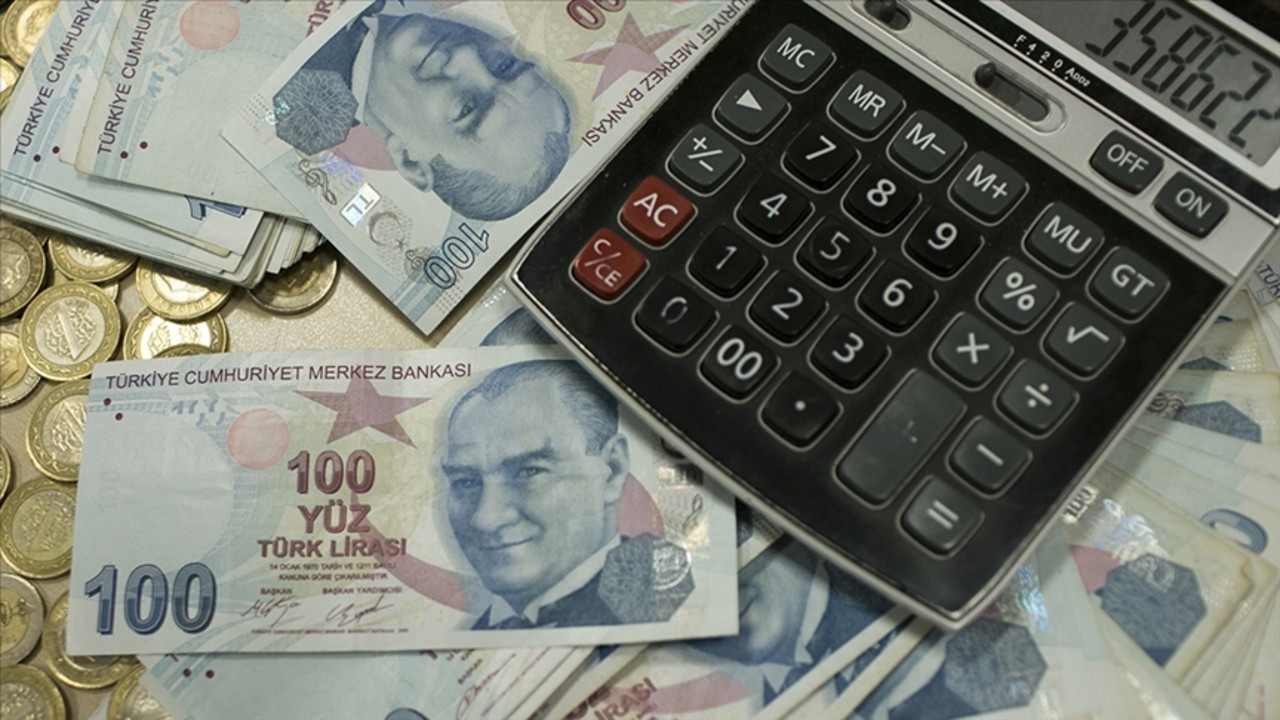AKP gov’t to impose highest taxes in 20 years to ‘combat economic crisis’
The Turkish government planned to impose the highest taxes in 20 years to combat the budget deficit, expected to be 6.4% of GDP, due to extravagant pre-election spending and post-earthquake expenses.
Mühdan Sağlam / Gazete Duvar
With the draft law expected to be discussed in the Turkish Parliament after the Sacrifice Feast holiday, a virtual tax storm have been expected to begin, affecting everything from real estate and cryptocurrency trading to corporate taxes and the departure fee.
The driving forces behind the Treasury and Finance Ministry taking such stringent measures were the expenditures following last year's devastating earthquakes and the extravagant spending by the government during the elections of the last two years.
According to a report prepared by the Economy Policy Research Foundation (TEPAV), the budget deficit were expected to reach 6.4% of GDP this year, marking the largest budget deficit in President Recep Tayyip Erdoğan's 20 years in power.
The Treasury has been preparing to reduce this record deficit by imposing extreme taxes on the public.
The gov't to hit real estate, corporate revenues
The first area the Treasury is targeting for tax regulation was the profits from the sale or rental of properties by real estate investment trusts. These profits will be subject to a minimum corporate tax.
According to the Treasury, this measure was expected to generate an additional 7.2 billion lira for the budget.
One measure involves removing exemptions on real estate capital gains. For the rest of the year, rental income exceeding 87,000 lira will no longer be exempt, and the five-year exemption period will apply to only one property. Similarly, the exemption for gains from the sale of participation shares is also expected to be removed.
The government also plans to include implementing a minimum corporate tax rate of at least 15% for multinational corporations and applying a minimum corporate tax based on 25% of revenue for domestic companies, calculated as 2% of turnover.
According to the plans, the government expected to generate an additional revenue of 40 billion lira next year from applying a minimum 15% tax on profits of multinational corporations earned in the country.
It also anticipated an additional income of 90 billion lira annually from the new minimum tax base applied to Turkish companies. Expanding the scope of corporate tax withholding and introducing a 1.5% tax deduction on e-commerce have been also on the agenda.
The draft also included increasing the tax rate on public-private partnership projects. Accordingly, this tax rate, currently at 25%, will be raised to 30% which aims to generate an additional revenue of 557 million liras for the Treasury.
Couriers to be taxed
The draft legislation targets also the income earned by couriers who work independently without being tied to a specific employer, particularly those work in online food delivery apps.
Couriers, similar to social media influencers, will be obligated to fulfill various tax-related requirements such as registration for tax purposes, keeping records, and filing tax returns as commercial earners.
Motocouriers will be required to open an account at banks and will be required to collect all revenues only through this account. They are expected to pay 15 percent income tax through this account.
Tax on crypto on way
The rapid depreciation of the Turkish lira over the past three years and increasing inflation had led some investors in Turkey to turn to cryptocurrency trading. The Treasury is considering imposing a 0.03% transaction tax on crypto trading and expected to generate annual revenue of 3.7 billion lira.
Another significant area in the Treasury's taxation planning was stock market activities. According to information obtained by the Turkish media, the introduction of a transaction tax ranging from 0.01% to 0.03% on stock transactions, described by Vice President Cevdet Yılmaz as a "nominal rate," has been postponed for now and will not be included in the legislation expected to be submitted to the Turkish Parliament yet.
One issue targeted in the draft is the elimination or restriction of exemptions in certain areas. Penalties for tax irregularities, such as failure to issue receipts, are expected to be tripled, and freelance professions will face tighter income tracking measures.
Reductions in exemptions for disabled vehicles and inheritance taxes are also planned.
The government has also been planning to increase the departure fee for citizens flying to international destinations tenfold. Currently set at 150 liras, the fee is expected to rise to between 1,000 and 1,750 liras.
(English version by Can Bodrumlu)

 Turkish government to increase departure fees 10-foldEconomy
Turkish government to increase departure fees 10-foldEconomy Turkish gov’t expects 73 pct tax revenue surge in 2024Economy
Turkish gov’t expects 73 pct tax revenue surge in 2024Economy Turkish trade union protests against tax hikes across countryEconomy
Turkish trade union protests against tax hikes across countryEconomy